Division of History and Philosophy of Education
Characteristics and Description of the Course
The Division of History and Philosophy of Education deals with the most basic parts of educational studies, and aims to address education through what is known broadly as the “humanities” method. Below is a brief introduction to our aims:
Perhaps you may wonder at times what education is all about.
You may ask yourself, have I really become a better person through education? Has education not remodeled us into persons with certain inclinations? Is education limited to the current method represented by schools and exams in the first place? How did education in Japan arrive at this confused state that we see today?
We can raise questions that are more familiar to us. Why is it that not all fine players can turn into fine coaches? Is there any essential difference between educating people and training animals? Why was I bullied at elementary school? Why are some good at studies while others are not…? Such questions may have crossed your minds.
All fields of learning start out from such simple questions. From there, we continue to contemplate and get closer to the essential problem. In that sense, asking such questions provides the very foothold that is vital when beginning to study about education.
Although we formulate the questions ourselves, they strongly reflect the times we live in. We see this recently in the changing concerns and questions of students. “I hope to connect education and environmental issues;” “Isn’t religion necessary for man to lead a profound life?” “I would like to think and get to the bottom of who I really am;” “Perhaps the Edo Period was more vibrant than expected” “How does education in the past appear from the standpoint of feminism?” “What sort of advice can we offer people who are worried about how to educate children as parents and as teachers?”… and more. These questions are deeply connected to the issues of the contemporary world.
Our division perfectly suits students who wish to think carefully about education. It is also the right place for those who hope to consider topics related to education but are not yet able to narrow their study paths. All you need is the wish to contemplate education and human beings.
Our division will deepen these questions through four methods.
(1) The philosophical approach. The first step is to raise questions such as “what is so-and-so?” and “how does so-andso work?” The world is obsessed with the question, “What should we do to improve and reform education?” Meanwhile, philosophical questions focus on what is “good education” and by what criteria should it be so judged? Since such questions require us to redefine our common sense, their pursuit is far from easy. Therefore, when we study thought and its history, it becomes necessary to take the indirect route and seek guidance from the thinkers of the past who explored these philosophical questions to the fullest.
(2) The historical approach. Everything is a product of its history. Shedding light on history allows us to take a deeper look at the contemporary. In some cases, things look quite different from their appearance. And this is the appeal of historical study. We will apply this approach to phenomena related to education.
(3) Human studies is a collective term for a multidisciplinary approach, bringing together psychoanalysis, developmental psychology, cognitive science, cultural anthropology, linguistics, psychiatry and other disciplines. In a broad sense, it is also the field of learning in general that focuses on man and the society he creates, such as environmental studies, science of religion, theory of life, genetics, law, economics, political science, and public philosophy. This research will study education and man (provider and subject of education) by incorporating the findings of various human studies and focusing on the meaning and conditions of life, in particular of how humans change and form themselves.
(4) The clinical approach. While education is infused with the instructors’ intent and wish, it is also about lively happenings that occur in specific scenes. Therefore, it generates a variety of problems such as things that do not go as planned or as one had hoped. The clinical approach aims to clarify how such problems arise, and pay attention to the certain attitudes people have in common when facing
“problematic” situations. To figure these problems out, it is essential for researchers to put themselves in the same situations and provide flexible responses that suit the moment. In the field of basic theories of education, the clinical approach comes closest to the forefront of education.
Our division aims to intertwine the four approaches to facilitate unique educational research. We value frankly telling each other what is not clear. If you share this attitude, please join our circle of learning.
Staff
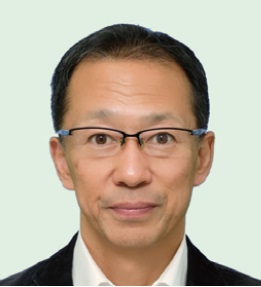
Jun YAMAYA
Professor (Philosophy of Education)
My specialty is the philosophy of education and the history of educational ideas. I am particularly interested in the possibilities of interpretation of key educational concepts, in the midst of which the dynamics between human and cultures can be imaged on the basis of “Bildung”. I have been primarily concerned with research of “New Education”-movement that flourished in the first three decades of the 20th century, particularly how it changed perspectives on space. My most recent research interest is in connecting educational science and memory studies through the theory of “Bildung” and “cultural memory studies”.
Publications
- Hiroshima als architektonischer Raum der Erinnerung: Zur Problematik der Pädagogisierung eines geschichtlichen Ortes, Jahrbuch für Historische Bildungsforschung, Vol. 22, 2017, S. 61 – 79.
- Catastrophe, commemoration and education: On the concept of memory pedagogy, Educational Philosophy and Theory, Vol. 52, Issue 13, 2020, pp.1375-1387.
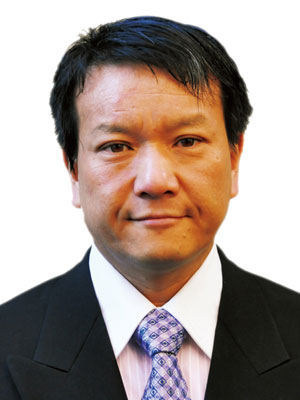
Yoshihiro KOKUNI
Professor (History of Japanese education)
The purpose of my research is to study the educational history of Japan by examining the theory, the system, and the practice of school eduation. I especailly focus on the relation between nationalism and the method of education after World War II. At a transition period of school education, I want to establish the possibility of new pedagogy by critically investigating pedagogy which has been theoretically applied since the end of WW II.
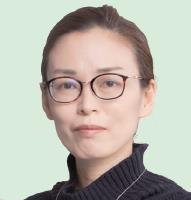
Sayaka OKI
Professor (Western Educational History)
My research focuses mainly on the social and intellectual history of higher education and research, with a special focus on the Europe from the 18th to 20th century. In my recent works, I have traced the development of philosophical discourse on the ‘utility’ of sciences and arts, and tried to describe the diversity in attitudes and cultures between disciplines, including the humanities and sciences. I am currently interested in the socioeconomic history of the institutions of higher education and research, such as academies and universities, especially on their emerging process.
Publications
- « Le tâtonnement de l’expertise scientifique moderne : les éloges de Condorcet comme lieux de réflexion sur le rôle social des savants », Dix-huitième siècle, numéro 51 (2019), pp. 489-506.
- Why Letters and Science Diverged into Two Cultures (Seikaisha, 2018) (in Japanese)
- « L’utilité des sciences d’après les discours des secrétaires perpétuels de l’Académie royale des sciences de Paris au XVIIIe siècle », in Entre belles-lettres et disciplines. Les savoirs au XVIIIe siècle, Fernay-Voltaire: Centre international d’étude du XVIIIe siècle, 2011, pp. 77-87
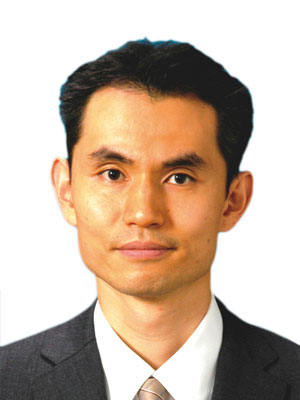
Katsushige KATAYAMA
Associate Professor (Educational Anthropology)
My current research interests lie in the educational implications of political and moral philosophy. More specifically, my research explores the possibilities and limits of citizenship and moral education in a liberal, democratic, and plural society. From this educational perspective, I approach what John Rawls calls the problem of political liberalism: How is it possible that there may exist over time a stable and just society of free and equal citizens profoundly divided by reasonable though incompatible religious, philosophical, and moral doctrines?
Publications
- Katayama, K. (2003) Is the Virtue Approach to Moral Education Viable in a Plural Society?, Journal of Philosophy of Education, 37.2, pp. 325-338. Reprinted in: J. Dunne and P. Hogan (eds.) (2004) Education and Practice: Upholding the Integrity of Teaching and Learning (Oxford: Blackwell Publishing).
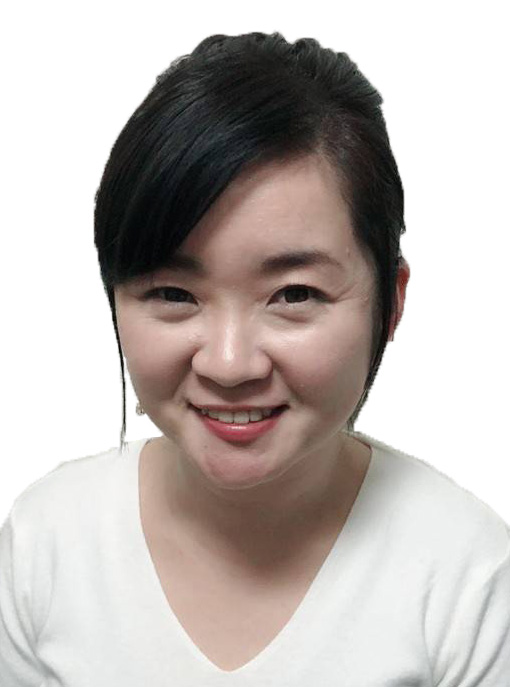
Rui OTSUKA
Associate Professor (Educational Clinical Studies)
My field of research is clinical phenomenology (phenomenology in practice). My research is conducted through fieldwork and interview surveys which focus on people who are experiencing difficulties in their lives such as the victims of child abuse, children who refuse to go to school, children with developmental disabilities, and people of any age suffering from chronic illness. Through case-study research based on my knowledge of phenomenology I aim to illustrate the essential truth of human beings and to explore the topic of education from the sense that perceptions change over time.
Publications
- Shisetsu de Kurasu Kodomotachi no Seicho (“The Development of Children Living in a Children’s home”) (The University of Tokyo Press)
- Sarani Atarimae wo Utagae! (“Question the Obvious again!” )(Shin-yo-sha, Co-authored)
- Sukima no kodomo Sukima no shien(“Children in places where support does not reach” ) (Akashishoten, Co-authored and edited)